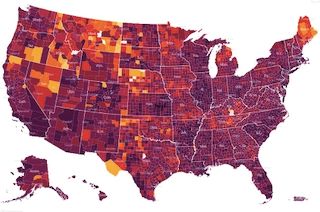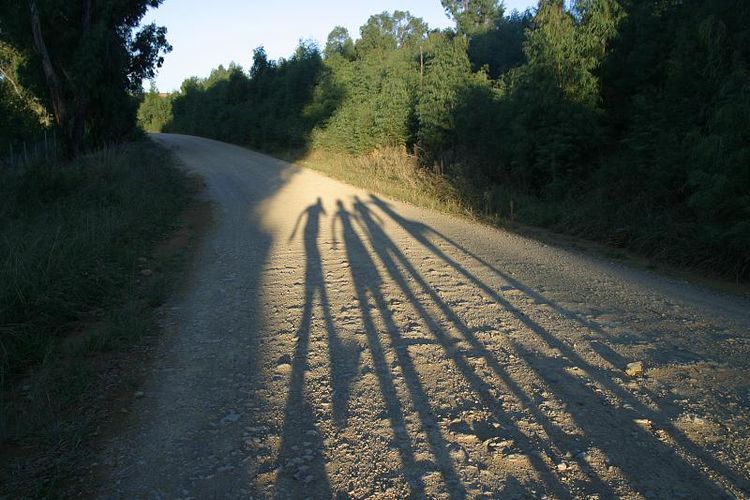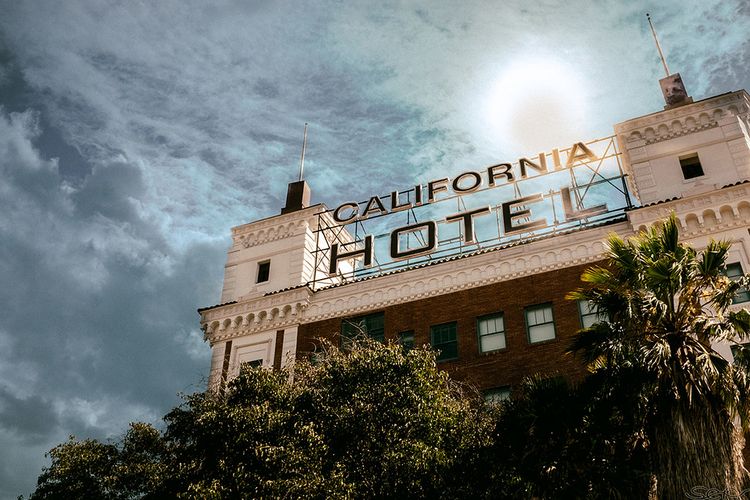Warm Take: It's still Groundhog Day

Once again, I made the mistake of looking at my phone today at 6:08am.

I had already ruled out a "2021 in Review" issue. I wanted to share a round-up of newsletters I've enjoyed, and found useful or meaningful. (Scroll on down for that!)
I also planned to mention your responses to last month's piece on The Great Resignation.
But that map.
Also. Someone close to me whose office is a small hotspot. The family member who remains unvaccinated. The stylist at a friend's hair salon whose 37-year-old-sister, previously healthy, died last week. The weird open spots, again, on grocery store shelves. Kids in school, out of school, sent home sick. The printed-in-a-print-shop signs posted at the gym, saying that it's not okay to abuse staff members for enforcing, or failing to enforce, mask mandates. (Should I even be going to the gym. Again.)
Today, the only story about work, the workplace, and/or people management is Covid.
So, here's what I'm thinking about. Both because of the map, and in light of personal stories and thoughts some of you shared with me about the so-called "great resignation."
- How can organizations make their workplaces feel safe enough for people to be present, especially in the face of changing virus/changing guidance – and that map?
- Who has a full picture of how a remote workplace or team can be functional? I've been wondering about how weak ties operate in professional settings, and how this relates to hiring new employees, especially in organizations that aren't "remote first."
- People's home lives matter more than their goals at work do. Can acknowledging this truth be an organization's superpower?
- The pandemic has put a spotlight on many broken things that weren't so obvious before. This includes not-competent and not-yet-competent managers: more on this, in depth, next time.
Many of our decisions at work aren't business decisions: they're moral decisions. Our action or inaction can build trust, or tear it down.
The newsletter portion of the newsletter
With a couple of exceptions, I've been reading most of these newsletters for a year or many years. Most emails arrive weekly, or more occasionally. In my view, every newsletter on this list has a truthful and positive view of the state of things.
Explorers: super-editors, collage-ists, polymaths, discoverers and uncoverers
- Alisha Ramos' Girls Night In started covering "self-care" before it became a meme, and has helped me discover some books I've enjoyed.
- Ann Friedman's Ann Friedman Weekly* surfaces articles I might have missed, and Ann routinely extends her platform to other talented writers. Also, she is only rarely credited with creating one of the first (maybe the first?) reader-supported personal email newsletters.
- The Browser* is what I always wished my Twitter feed actually looked like: each issue is a concise and easy-to-scan package of intelligent articles, podcasts, and videos.
- Eleanor Konik’s Eleanor’s Iceberg* may be better experienced than explained – it's a little bit speculative fiction, and a lot of brief research notes and links from her world-building.
- Kirsten Lambertsen’s Patron Hunt is a great way to discover artists, writers, commentators, and others seeking support on the internet.
- Sophie Brookover and Margaret Willison's Two Bossy Dames* has returned from a hiatus, and not a minute too soon. Commentary on culture – pop, otherwise, and beyond – that's smart, good-humored, and kind.
- Valeria Maltoni's Conversation Agent is another (r)evolution by one of the first people I met from the Internet. Valeria always surfaces something I will enjoy reading!
- Also, if you like newsletters, Jacob O'Bryant's newsletter discovery service The Sample** is a fun, low-commitment way to find interesting newsletters. (Not exactly Tinder, but for newsletters?)
Experts: writers, ostensibly, about specific domains, who usually bring more to the table
- Ana and Maja Milicevic’s Sparrow One infuses my inbox with industry intel and smart commentary on media, technology, entertainment and more.
- Ann Handley's Total Annarchy covers marketing, and is a great example of a bi-weekly newsletter.
- Anne Trubek's Notes from a Small Press* is kind of sort of Trubek's serial memoir about running Belt Publishing. It also features commentary on the publishing industry.
- Ashley Milne-Tyte’s The Broad Experience podcast/newsletter* is about "women, the workplace, and success." Ashley frequently surfaces trends on her beat before they hit the mainstream.
- Audrey Watters HEWN brings Watters' jaded and informed eye to ed tech.
- Brian Lund's Lund Loop is about being an independent trader and human being in today's financial markets. Reading Brian in March 2020 felt calming, and he shares articles and resources that meander into my "explorer" territory.
- Dan Oshinsky Not a Newsletter covers happenings and technology in the email newsletter world.
- Elmira Baysrali's Foreign Policy Interrupted shares stories and articles featuring the expertise of women in the field, as well as original commentary.
- Francine McKenna’s The Dig puts an accountant's lens on corporate behavior that is sometimes less-than-compentent, and sometimes corrupt.
- Jessica Lin and the team at work-bench publish the Enterprise Weekly, which provides news and more about the enterprise technology domain, in NYC and beyond.
- Petition is authored by an anonymous group of bankruptcy pros, whose impertinence brings life to what might otherwise seem like a dry topic.
- Ruchika Tulshyan’s Inclusion is Leadership delivers Ruchika's expertise about DEI to my inbox.
- We Support is written by, and for, people who work in community management and customer support. They also share articles about workplace trends and job listings.
Commentators: explicators, expounders, expanders, extrapolators who elaborate on the state of (waves hands) things
- Ann Kjellberg’s Book Post* sends me longform book reviews, literary criticism, and sometimes analysis of publishing industry news.
- Anne-Helen Petersen's Culture Study.* I always appreciate her thoughtful, thorough, perspective on just about any topic; she also often interviews experts who are new to me.
- Meg Conley's homeculture* is "a newsletter about home" that routinely floors me.
- Phil Christman's The Tourist operates with a self-imposed constraint; he usually writes on Sunday mornings before church. This inspired my Warm Takes, which I try to write on Sunday's while I'm still on my first coffee.
- Sari Botton's Oldster Magazine* publishes conversations with interesting people, about their relationships to age and aging. If aging isn't important to you, check in with me again in about 20 years.
- stacy-marie ishmael's The Main Event is a concise weekly gift-pack that's sometimes personal essay, sometimes commentary, always poetry, and always intelligent.
- Tressie McMillan Cottom's newsletter, recently moved to the NY Times.* Between Dr. Cottom's newsletter and NY Times Cooking, my Times subscription feels essential.
(*) means that I'm a paying subscriber. (**) indicates a rare affiliate link. The Sample delivers single issues of newsletters to people who might like it, including my newsletter. If you decide to sign up for The Sample using my link, Jacob will forward my newsletter to more readers, which may bring me more subscribers!
Welcome to new subscribers! This is a bit of an unusual issue. The first part is like one of the monthly-ish Warm Takes that I write while drinking my Sunday morning coffee. The second part I've been picking away at for a while, and is inspired by several writers who've intentionally used their newsletters to platform the work they appreciate. I'll be back in a couple of weeks with one of my deep dives, finally, on the topic of competence.
This is a free issue of On Management. Many thanks to everyone who provides financial support to my newsletter.
I appreciate notes I received in response to the last issue. I still owe one of you a personal response, it has been a week!
To be clear, my beef is that I believe that "The Great Resignation" has been turned into a brand by media entities that want us to share their stuff. It has been duly amplified by platform algorithms that want us scrolling. Time will tell whether it can be backed up with actual data.
But for every person who has been inspired by this crisis to walk away from a terrible work experience or manager, who has found something better, or has resources to take some time to find work with more meaning? On September 11, 2001, I walked uptown with my laptop and a hastily packed bag. So, yes, I see you, and I believe in you and your purpose.
May you and your loved ones be safe, healthy, and free.




